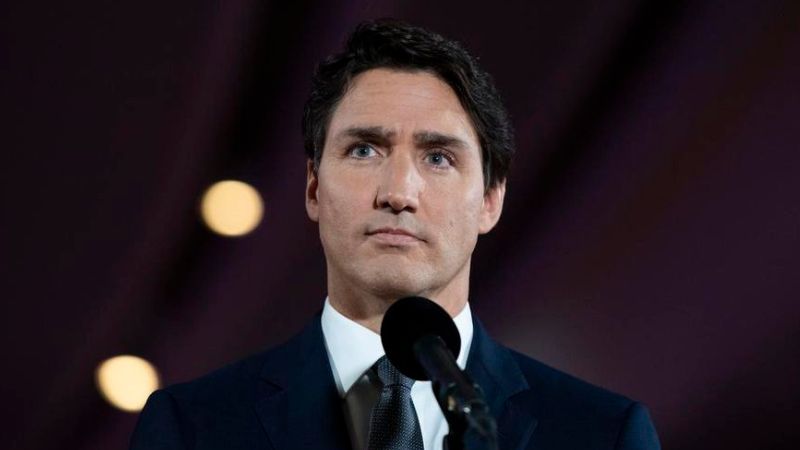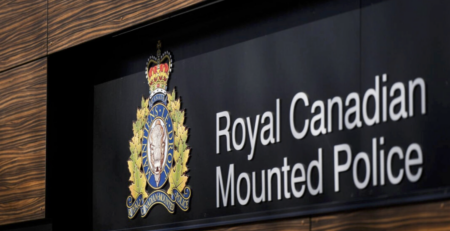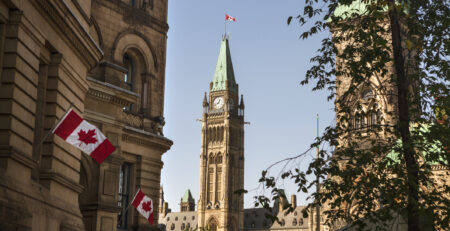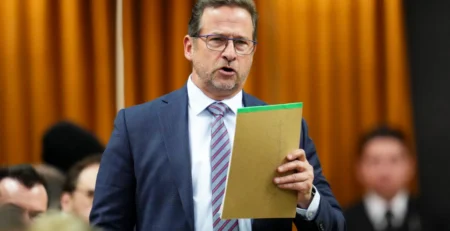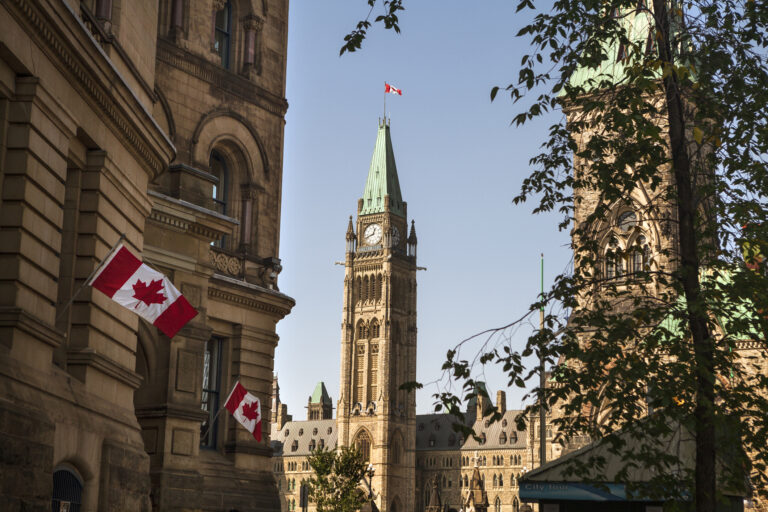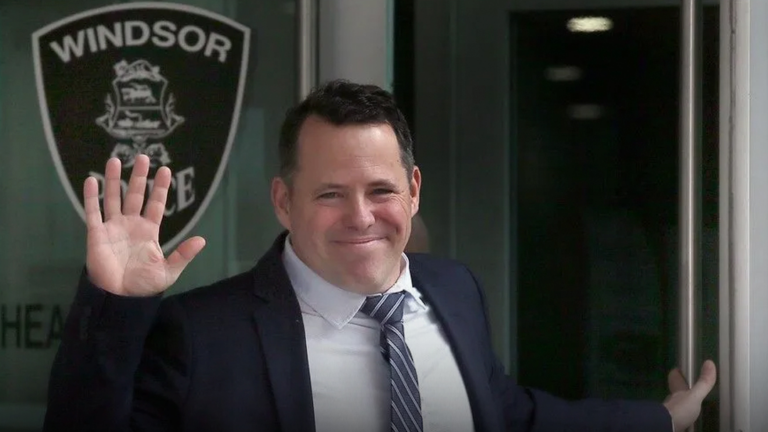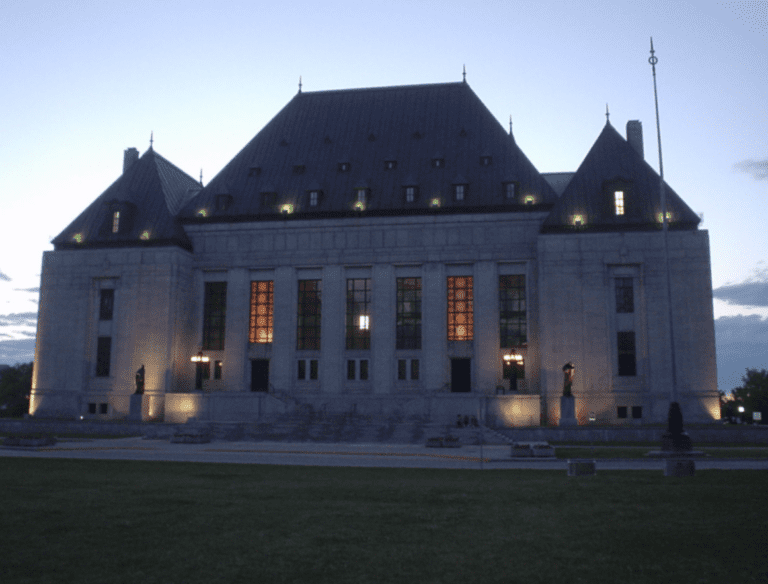John Carpay – The Post Millennial
The Emergencies Act may only be invoked if the federal government has reasonable grounds to believe that an urgent and critical situation of a temporary nature cannot be effectively dealt with under any other law of Canada.
What tools were available to federal, provincial, and municipal governments to deal with the Freedom Convoy protesters in Ottawa this past February?
First, the City of Ottawa could have issued tickets to the truckers for failing to have a permit for their demonstration, as required by By-law No. 2001-260.
Second, police could also have issued tickets under Traffic and Parking Bylaw No. 2017-301, which prohibits people from obstructing traffic. Even though the protesting truckers ensured that emergency lanes were left open for police, ambulance, and firetrucks, they could still have received tickets for partial obstruction. But the number of tickets issued in Ottawa during the Freedom Convoy actually declined, according to evidence brought forward by Justice Centre lawyer Robert Kittredge.
Third, police could have enforced Ottawa Noise By-law No. 2017-255, which prohibits noise that is “likely to disturb the inhabitants of the City,” including shouting, bell-ringing, and the “sounding of any horn.”
Fourth, if truckers had received tickets for violating these bylaws, and had then chosen to ignore the tickets and to continue their protest in the same way, the City of Ottawa could have sought and obtained an injunction under Ontario’s Municipal Act, ordering protesters to leave. This powerful legislative tool was used by the City of Windsor against the protestors at the Ambassador Bridge who had blocked Canada-U.S. border traffic. This injunctive relief effectively criminalizes continued protest and would have facilitated the immediate towing of any trucks that were illegally parked. Unlike Windsor, Ottawa did not bother to obtain an injunction against the Freedom Convoy during the initial weeks of the protest.
Fifth, in addition to the Municipal Act, businesses could also have gone to court seeking an injunction. The court could have issued an order requiring the protesters to leave any defined area. Disobedience would have constituted contempt of court and a violation of section 127 of the Criminal Code. This method was used by the Automotive Parts Manufacturers’ Association and the City of Windsor to deter protesters at the Ambassador Bridge.
Sixth, Ontario’s Highway Traffic Act empowers police to remove and store any vehicle that directly or indirectly impedes or blocks the normal and reasonable movement of traffic on roads. The owner, operator, and driver of the vehicle become jointly liable for the costs and charges of removing and storing the vehicle.
Seventh, Ontario’s Emergency Management and Civil Protection Act prohibits people from impeding access to, or preventing the use of, roads and other critical infrastructure. This law empowers police to order individuals to stop disrupting ordinary economic activity, to disperse, and to move their vehicles. The provincial government can also suspend or cancel the driver’s license or commercial vehicle permit of those who violate this law. The Ontario government could have created an exclusion zone preventing protesters from gathering in downtown Ottawa, thereby allowing police to disperse anyone and everyone, whether part of the Freedom Convoy or not.
Finally, police could have criminally charged protesters if any had been guilty of mischief, intimidation, obstructing a police officer, disobeying a court order, causing a disturbance, or loitering. Officers need not be certain beyond a reasonable doubt that a crime has been committed. Police can charge people criminally if police believe that there is a reasonable probability that a crime had been committed. But prior to the invocation of a “national emergency” on February 14, there were virtually no criminal charges laid against Freedom Convoy participants.
As shown above, many legal tools were available to charge, fine, and remove protesters from the City’s downtown core. Consider again that section 3 of the Emergencies Act defines a national emergency as “an urgent and critical situation of a temporary nature” that “seriously endangers the lives, health, or safety of Canadians and is of such proportions or nature as to exceed the capacity or authority of a province to deal with it,” or that “seriously threatens the ability of the Government of Canada to preserve the sovereignty, security and territorial integrity of Canada,” and that cannot be effectively dealt with under any other law of Canada.
The governments of Canada, Ontario, and Ottawa chose not to use their enforcement powers to deal effectively with the Freedom Convoy. But many legal tools were available, making it unnecessary–and illegal–to unleash the draconian powers of the Emergencies Act.


